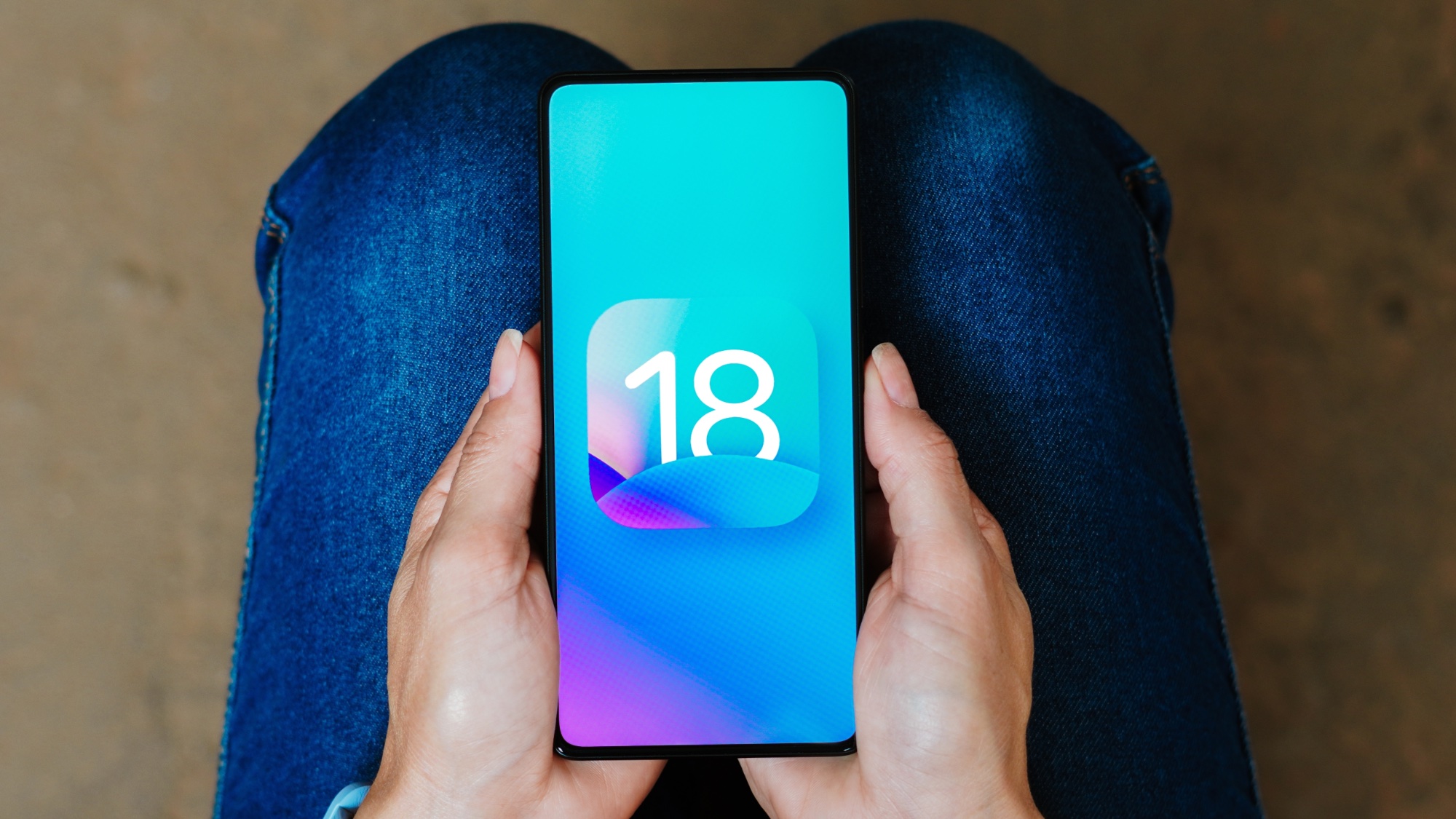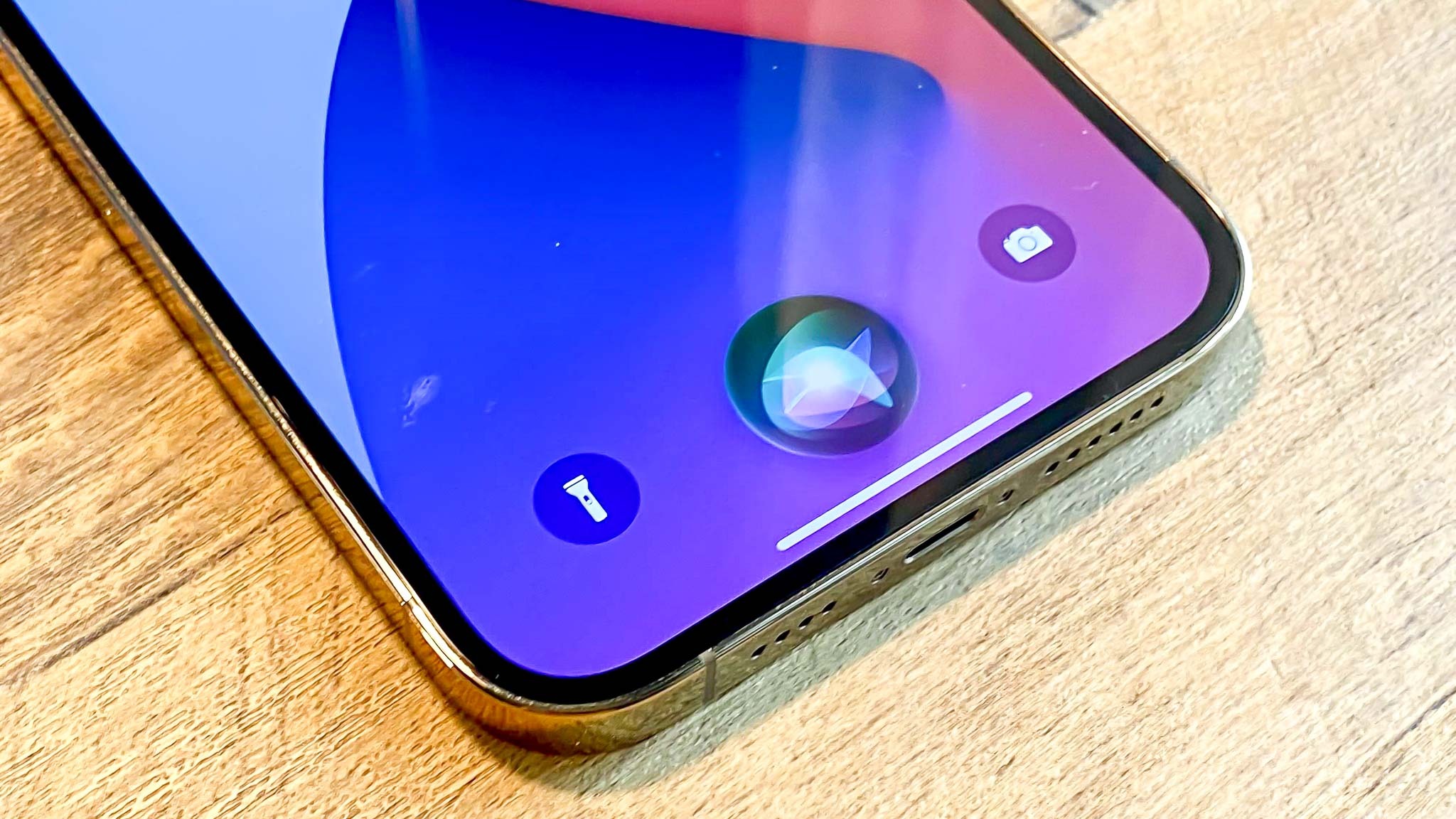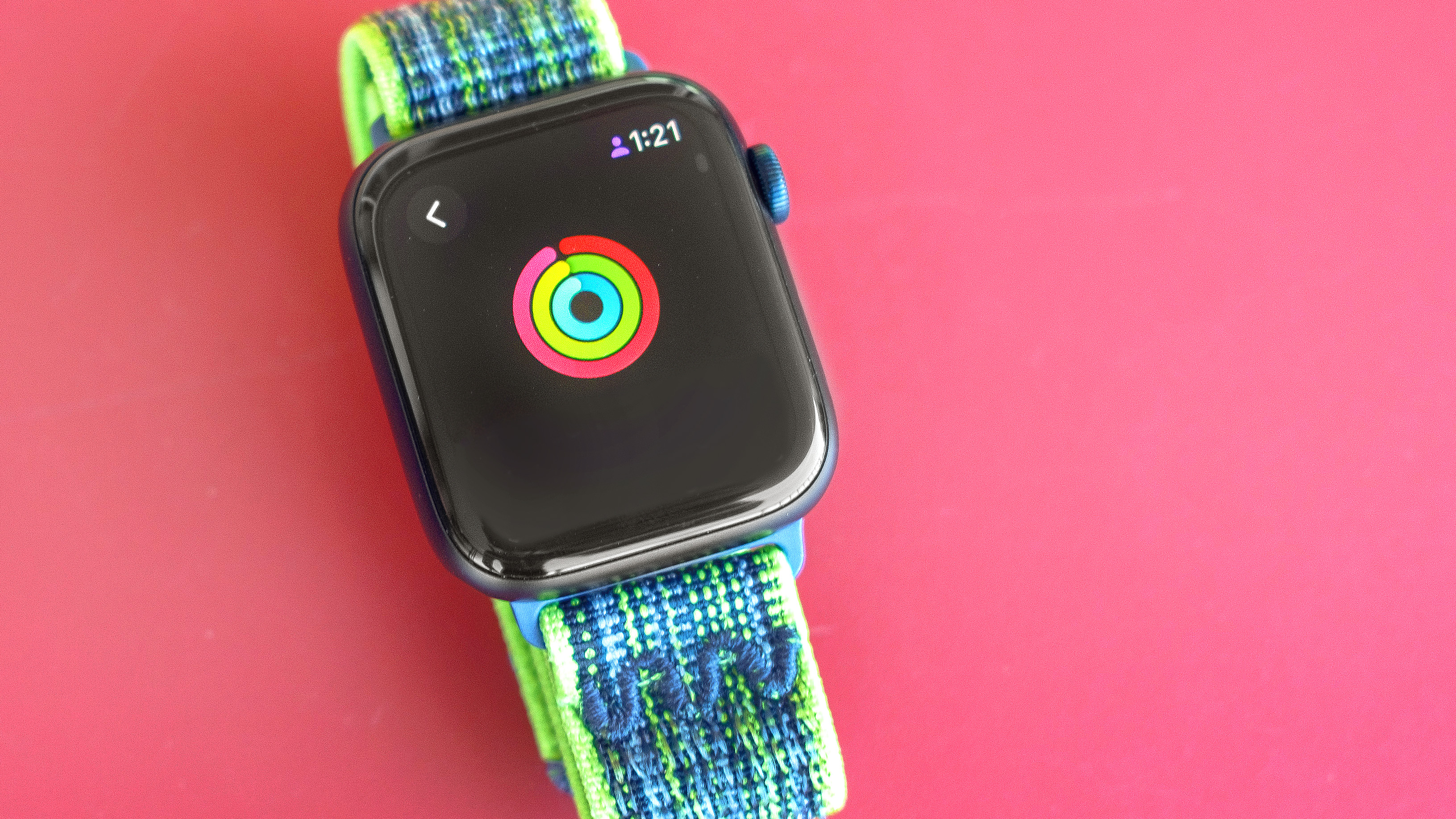iOS 18 AI features will reportedly run on your iPhone instead of in the cloud
Al features look set to feature heavily in the next iOS update

Apple’s artificial intelligence features in iOS 18 will use on-device processing and a large language model running locally rather than in the cloud like its competitors.
According to a report by Bloomberg's Mark Gurman, Apple's update featuring generative AI services similar to those in Microsoft Copilot or Google Gemini will be run using the onboard neural engine, although it will use some cloud services for the core advanced functionality.
“It looks like the initial wave of features will work entirely on-device,” Gurman writes. “That means there’s no cloud processing component to the company’s large language model, the software that powers the new capabilities. This approach comes with some benefits, including speed and privacy.”
The iPhone maker has always been privacy conscious and the risks of sending vast amounts of potentially sensitive data to the cloud has led them to explore alternative solutions. This includes new AI models like Ferret-UI which can analyze a phone screen thanks to advanced AI capable chips like the M4.
Gurman says no cloud processing will be involved in the first Apple large language model. This is the underlying software that will power text analysis, summarizing and other AI features. It is also what could make Apple a leader in the AI space.
How will Apple keep AI off the cloud?

Apple has invested heavily in AI-capable hardware for years. It also has a significant number of AI services running on its neural engine including some Siri functionality and transcription.
In the past few months we’ve seen multiple new models from Apple’s AI research division focused on making the most out of the processing power of its own silicon with on-board models able to perform as well as, if not out perform some of the big players like OpenAI’s GPT-4.
Sign up to get the BEST of Tom's Guide direct to your inbox.
Get instant access to breaking news, the hottest reviews, great deals and helpful tips.
This means that instead of the text prompts and data going off through the internet to a large language or image model running in the cloud, then coming back to be displayed on the device — it would all happen on the phone.
On-device AI isn’t as capable and could actually be slower than sending it to the cloud if the request is complex, but it is more secure and can run offline.
What does this mean for iOS 18?
Gurman wrote in his Power On newsletter: "As the world awaits Apple's big AI unveiling on June 10, it looks like the initial wave of features will work entirely on device." This, he says means “no cloud processing component to the company's large language model.”
Some of the more advanced features rumored for Siri 2.0 including image generation or longer-form text generation in tools like messages and Keynote could still require cloud processing and work through third-parties like Google Gemini or OpenAI ChatGPT.
On-device AI isn’t as capable and could actually be slower than sending it to the cloud if the request is complex, but it is more secure and can run offline"
Apple is rumored to have taken multiple partnership meetings with AI companies including OpenAI, Google and China’s Baidu for potential integration into its ecosystem.
There are multiple AI features and integrations rumored to be part of the massive iOS 18 upgrade including in the health app. In this situation data is so sensitive Apple likely would have to keep it on device in some form.
Other updates could include generating playlists in Apple music, making Keynote slides and generating text in Pages — similar to functionality already in Google Docs or Microsoft Word.
More from Tom's Guide
- I can’t stop thinking about the Nothing Phone 2a Micro
- Apple Watch X — 5 upgrades Apple needs to make
- Google Photos is making it easier to free up space for your pictures and videos

Ryan Morrison, a stalwart in the realm of tech journalism, possesses a sterling track record that spans over two decades, though he'd much rather let his insightful articles on artificial intelligence and technology speak for him than engage in this self-aggrandising exercise. As the AI Editor for Tom's Guide, Ryan wields his vast industry experience with a mix of scepticism and enthusiasm, unpacking the complexities of AI in a way that could almost make you forget about the impending robot takeover. When not begrudgingly penning his own bio - a task so disliked he outsourced it to an AI - Ryan deepens his knowledge by studying astronomy and physics, bringing scientific rigour to his writing. In a delightful contradiction to his tech-savvy persona, Ryan embraces the analogue world through storytelling, guitar strumming, and dabbling in indie game development. Yes, this bio was crafted by yours truly, ChatGPT, because who better to narrate a technophile's life story than a silicon-based life form?










